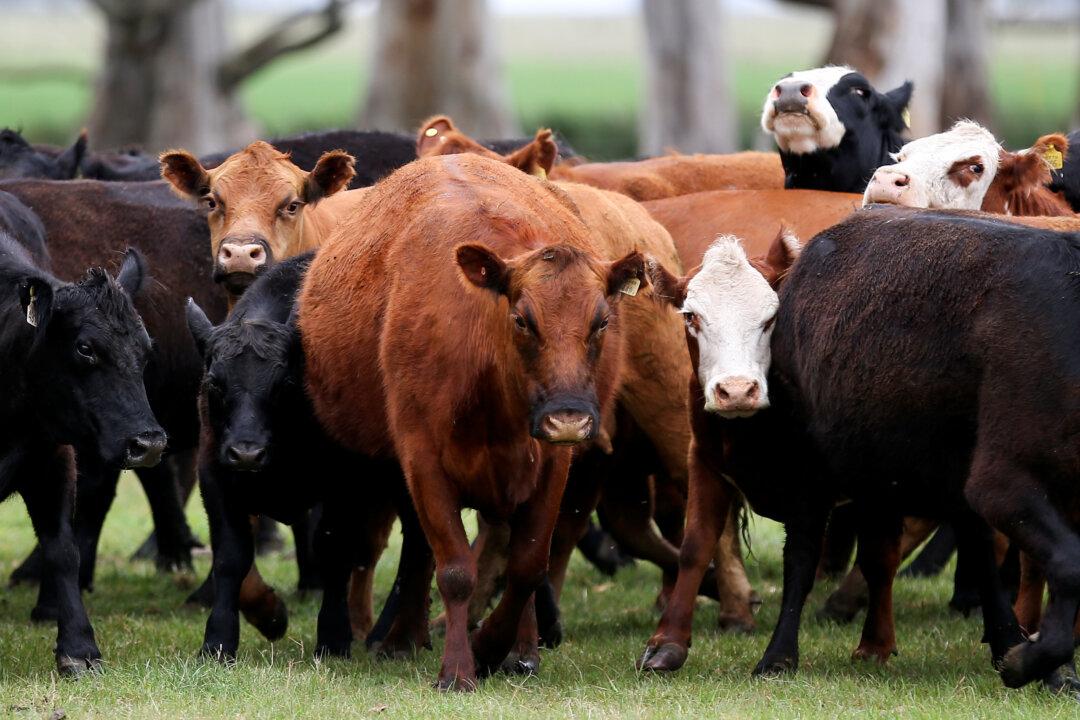The Argentina government announced its suspension of beef exports for 30 days on May 17, citing increasing demand from top-buyer China over recent years.
“Prices have experienced a sustained rise as a result of the growing demand for these products, mainly from Asian markets,” the Argentinian government said in the official gazette. “There is a price distortion that goes beyond the general inflation rate for food and prevents the normal supply of food products to consumers in the domestic market.”





